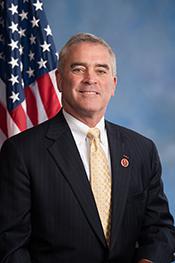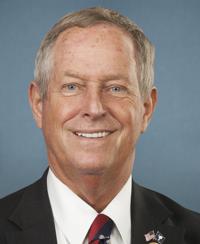0
STOP CCP Act
12/30/2022, 4:18 AM
Summary of Bill HR 6686
One of the key provisions of the STOP CCP Act is the establishment of a task force to investigate and report on the CCP's activities in the United States. This task force would be responsible for identifying and assessing the CCP's influence operations, propaganda efforts, and other activities that may pose a threat to US national security.
Additionally, the bill includes measures to strengthen US efforts to combat intellectual property theft by the CCP. This includes increasing penalties for individuals and entities found to be engaging in such activities, as well as providing additional resources to law enforcement agencies to investigate and prosecute cases of intellectual property theft. The STOP CCP Act also addresses concerns related to human rights abuses in China, particularly in the Xinjiang region where the CCP has been accused of committing atrocities against Uighur Muslims. The bill includes provisions to impose sanctions on individuals and entities responsible for human rights abuses in China, as well as measures to prevent US companies from doing business with entities complicit in such abuses. Overall, the STOP CCP Act is a comprehensive piece of legislation aimed at countering the influence of the Chinese Communist Party in the United States. It addresses a range of concerns related to intellectual property theft, human rights abuses, and unfair trade practices, and seeks to strengthen US efforts to protect national security and promote human rights.
Congressional Summary of HR 6686
Sanctioning Tyrannical and Oppressive People within the Chinese Communist Party Act or the STOP CCP Act
This bill imposes visa- and property-blocking sanctions on any person who is or was a member of any National Communist Party Congress of China, as well as any adult family member of such a person.
The President may waive the sanctions for renewable periods of 30 days by certifying to Congress that China's government and the Chinese Communist Party have ceased (1) any acts of genocide against the Uyghur Muslim population; (2) all threats, military exercises, and aggression toward Taiwan; (3) undermining the autonomy of Hong Kong; and (4) any efforts to steal the intellectual property of U.S. persons. The certification must also be publicly available on a federal government website.





